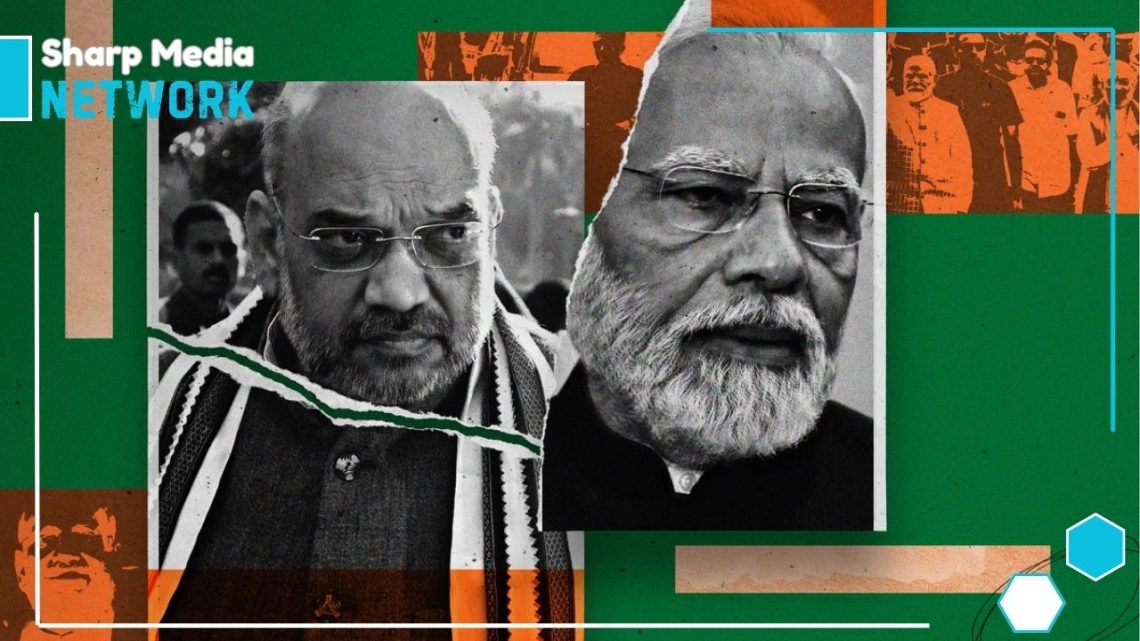
Indian Propaganda Behind Its Nuclear Security Narrative Exposed
January 10, 2025When baseless accusations overshadow the truth, who stands accountable for global nuclear safety—the accused or the accuser?
Following the recent abduction of 17 civilian workers by the Tehreek-e-Taliban Pakistan (TTP), also known as Fitna al Khawarij, in Khyber Pakhtunkhwa, a northeastern province of Pakistan. Indian social media—allegedly backed by RAW—has launched an unfounded propaganda campaign targeting Pakistan’s nuclear program. The incident occurred on January 9, 2025, when the workers were en route to a mining project in Lakki Marwat’s Kabalkhel area. Despite Pakistan’s swift action, which resulted in the rescue of eight hostages, Indian accounts are exploiting the tragedy to disseminate false narratives aimed at tarnishing Pakistan’s global reputation.
These narratives not only glorify TTP’s terrorist activities but also attempt to frame Pakistan’s nuclear capabilities as a global threat. However, this appears to be a strategic diversion to shift attention from India’s own troubling record on nuclear safety.
India’s nuclear security history has been riddled with alarming incidents. For example:
- In August 2024, three individuals were arrested in Bihar’s Gopalganj district for possessing 50 grams of highly radioactive Californium, worth Rs 850 crore internationally.
- In February 2022, two Indian nationals were caught in Nepal smuggling uranium-like substances.
- In June 2021, seven individuals in Jharkhand were apprehended for illegally holding 6.4 kilograms of uranium.
- In May 2021, nearly 7 kilograms of uranium was seized on the black market.
These cases, among others, expose critical vulnerabilities in India’s nuclear safety protocols. Additionally, U.S. experts have warned about the susceptibility of India’s nuclear materials to theft, raising questions about its reliability as a responsible nuclear state.
While Indian accounts glorify TTP’s actions, their intent seems clear: to deflect international attention from India’s own nuclear security lapses. In contrast, Pakistan has consistently upheld international nuclear safety standards, as verified by its adherence to IAEA protocols.
Attempting to equate the abduction of miners with nuclear security issues reflects the lengths India will go to distort the narrative. This propaganda effort not only misleads but underscores India’s desperation to obscure its shortcomings.
Pakistan, on the other hand, continues to combat terrorism with full national support and remains steadfast in its efforts to dismantle the TTP. This unwavering commitment contrasts sharply with India’s inability to safeguard its nuclear assets, a failure that poses risks not just to its citizens but also to global security.
Despite these distractions, Pakistan remains resolute in defending its sovereignty, securing its nuclear program, and maintaining regional stability. As India’s attempts to undermine Pakistan’s credibility falter, the global community must evaluate the real risks posed by the repeated breaches in India’s nuclear safety framework.

